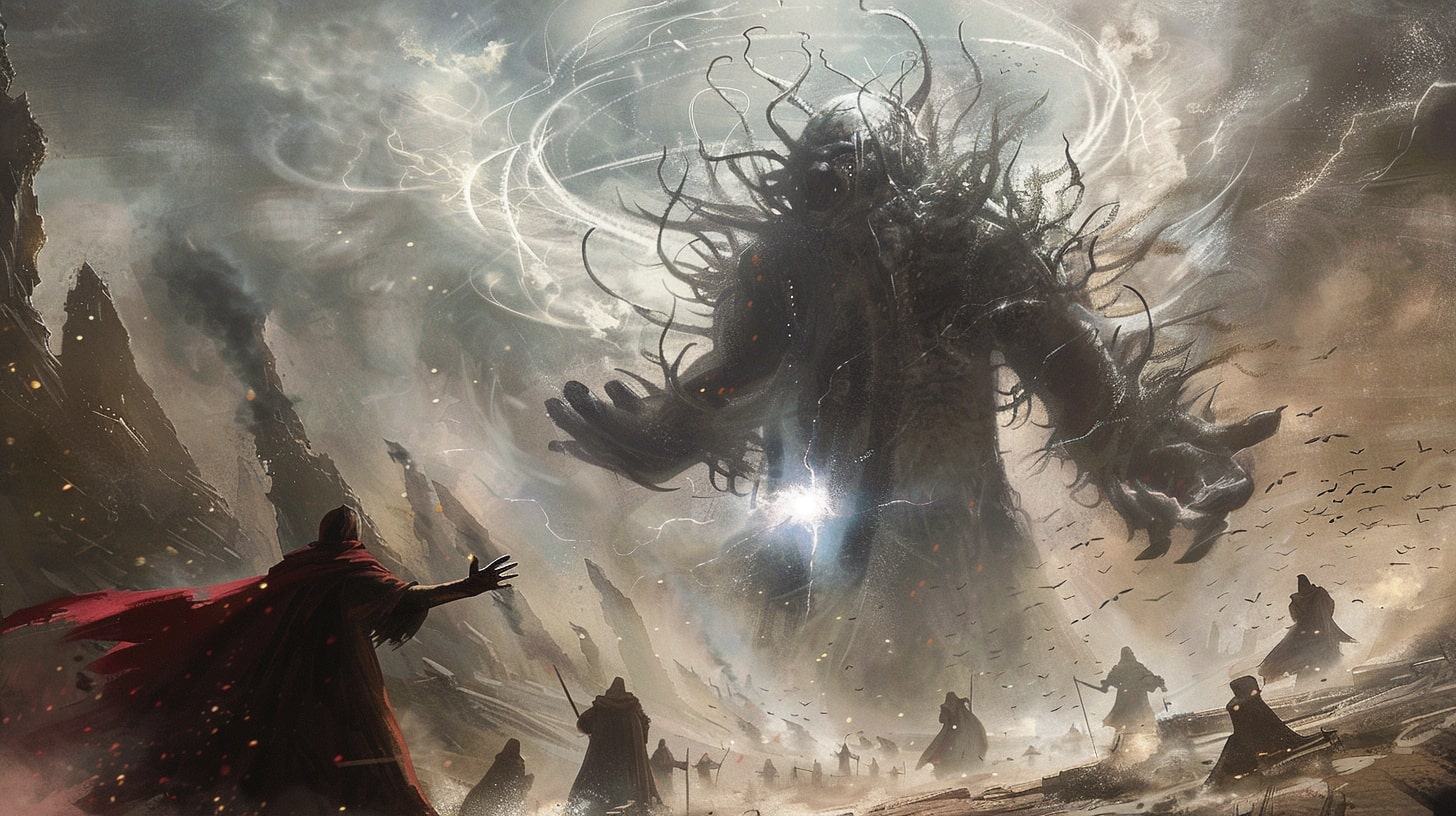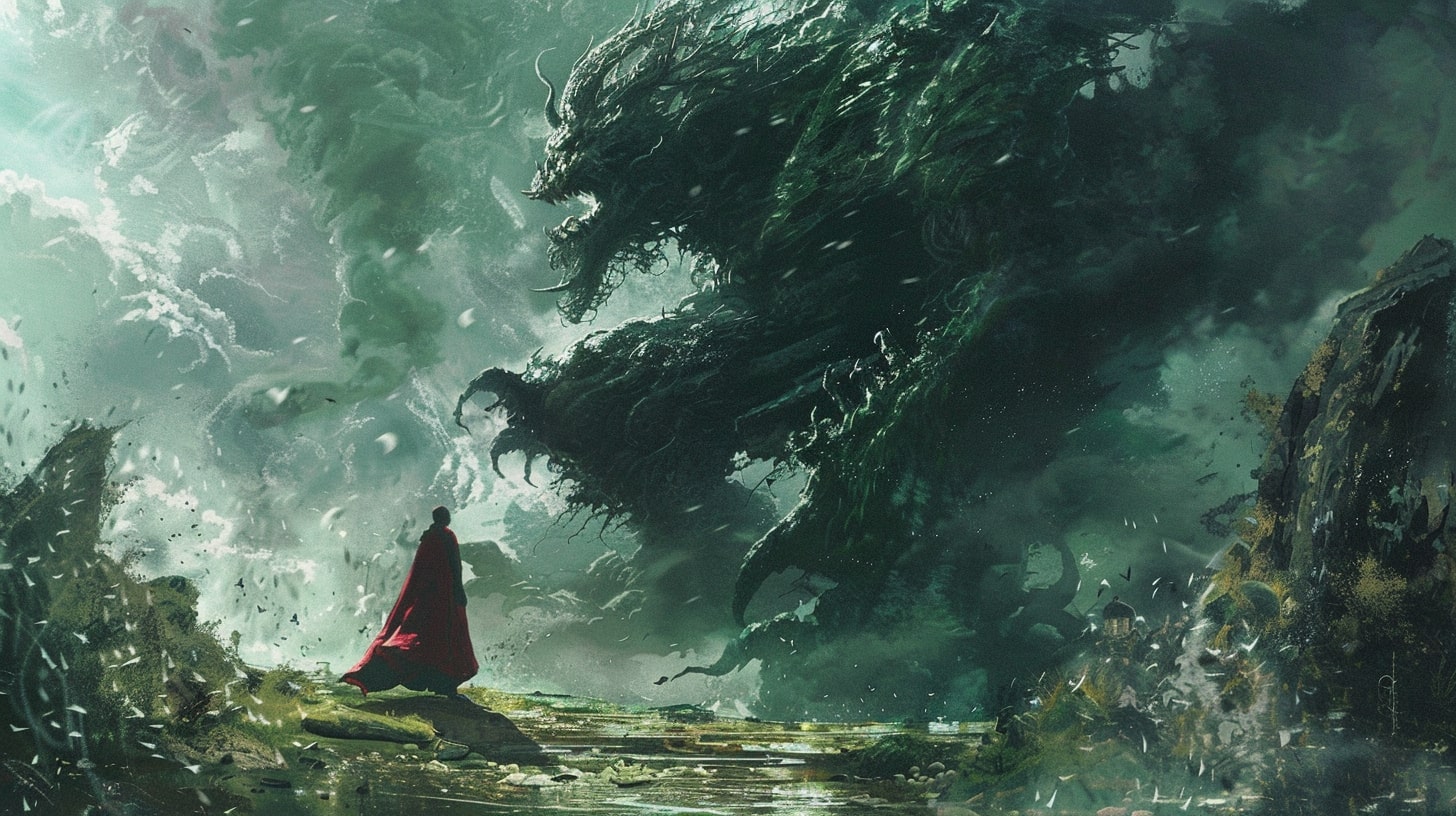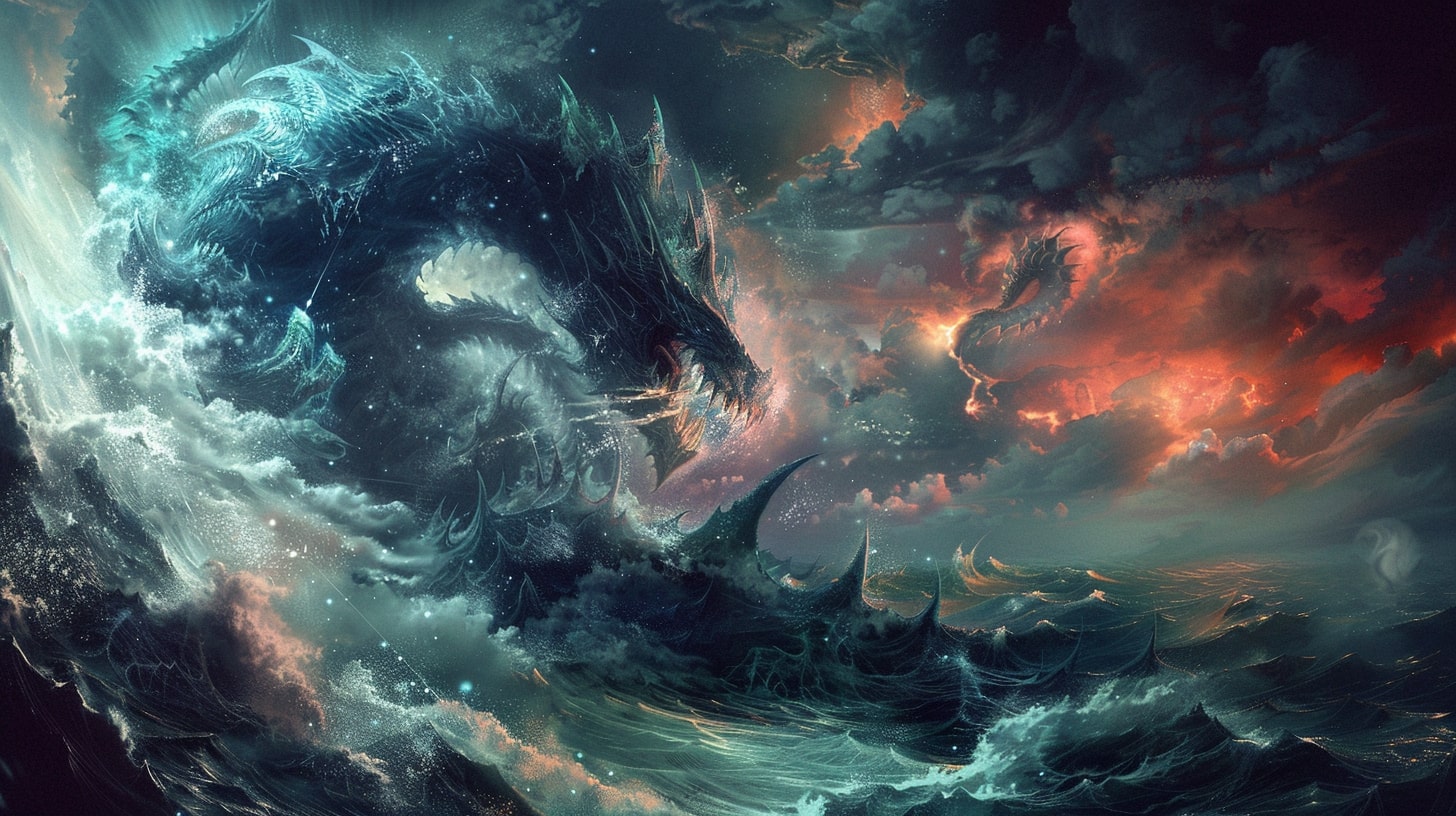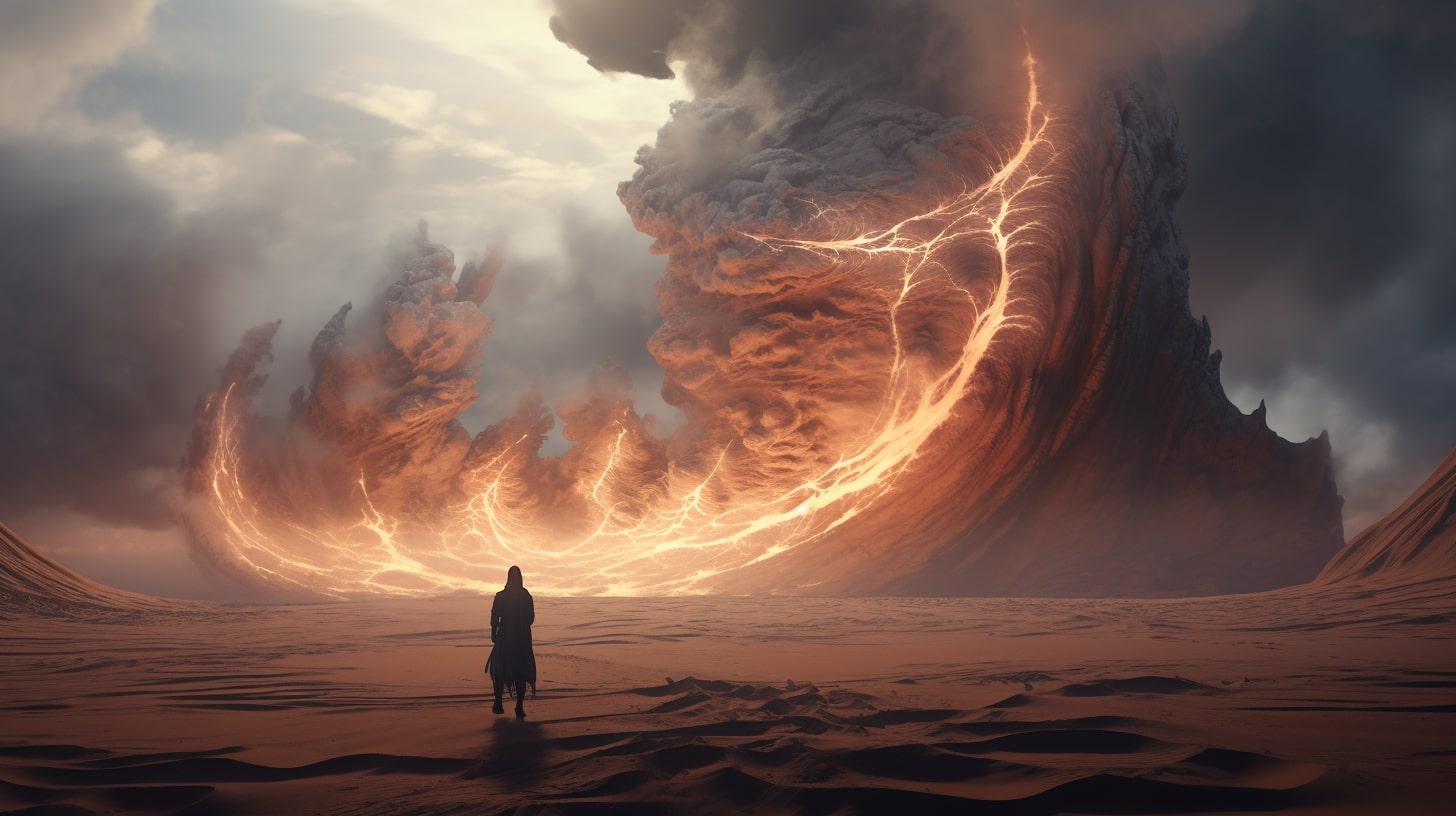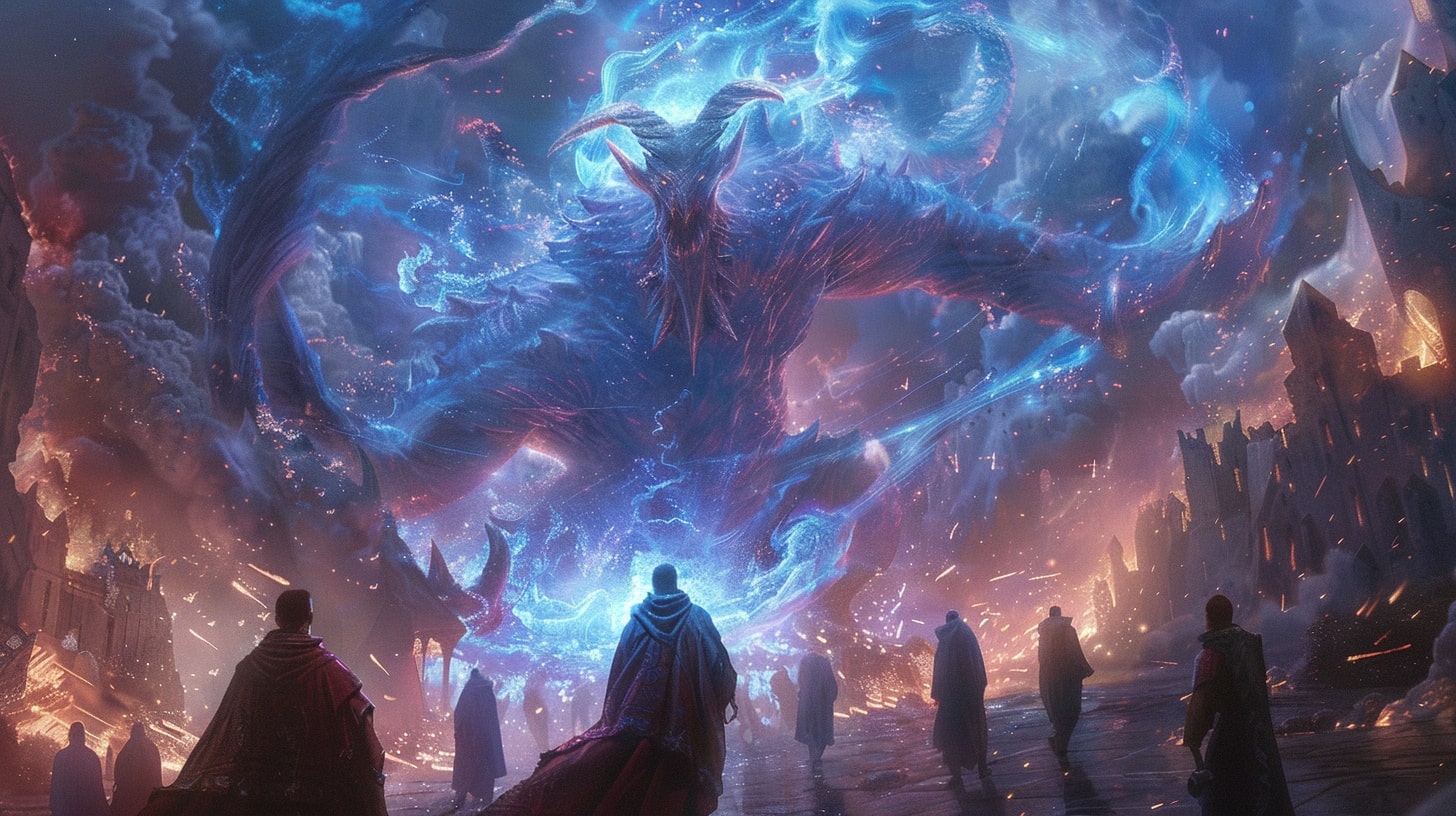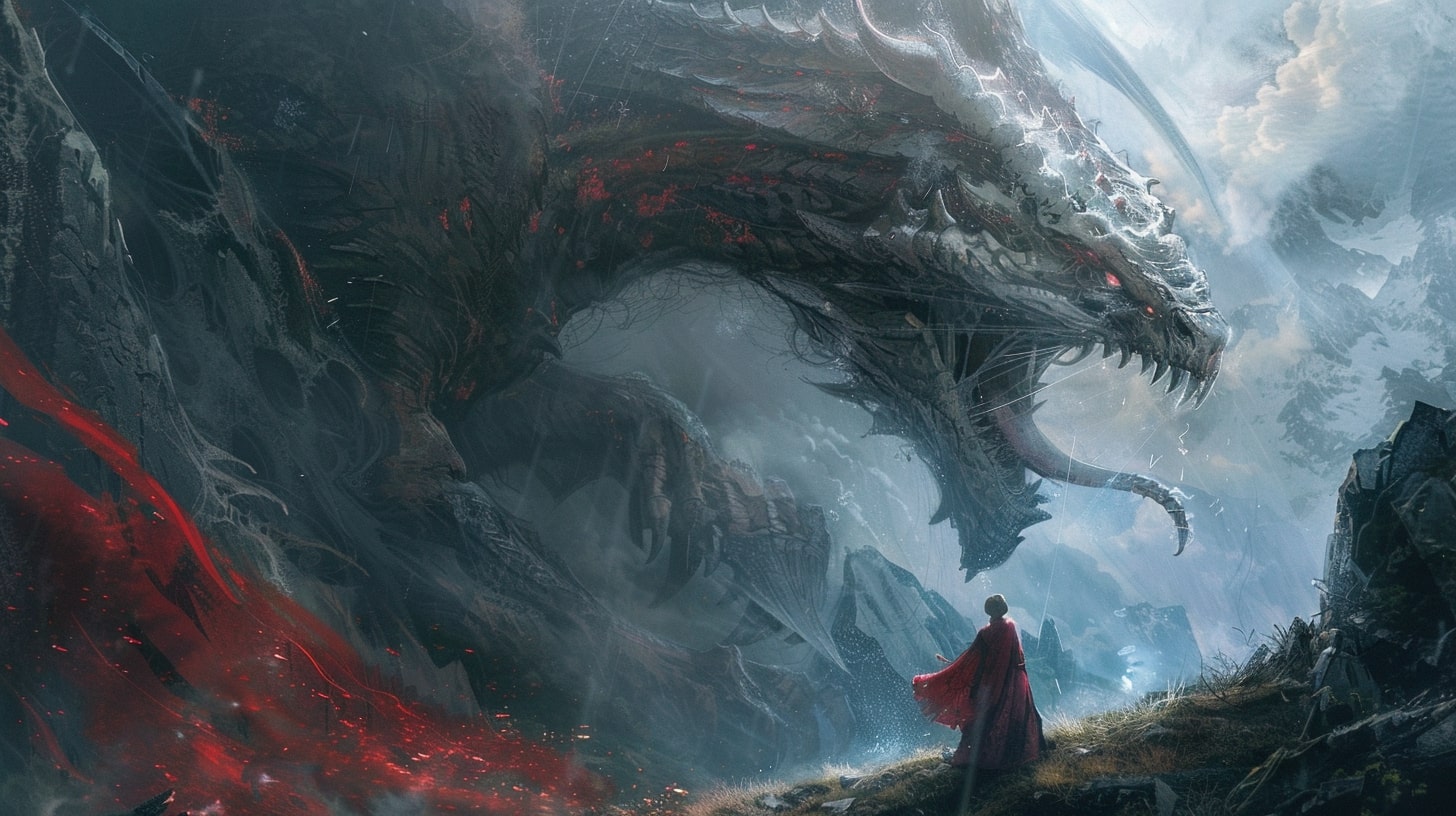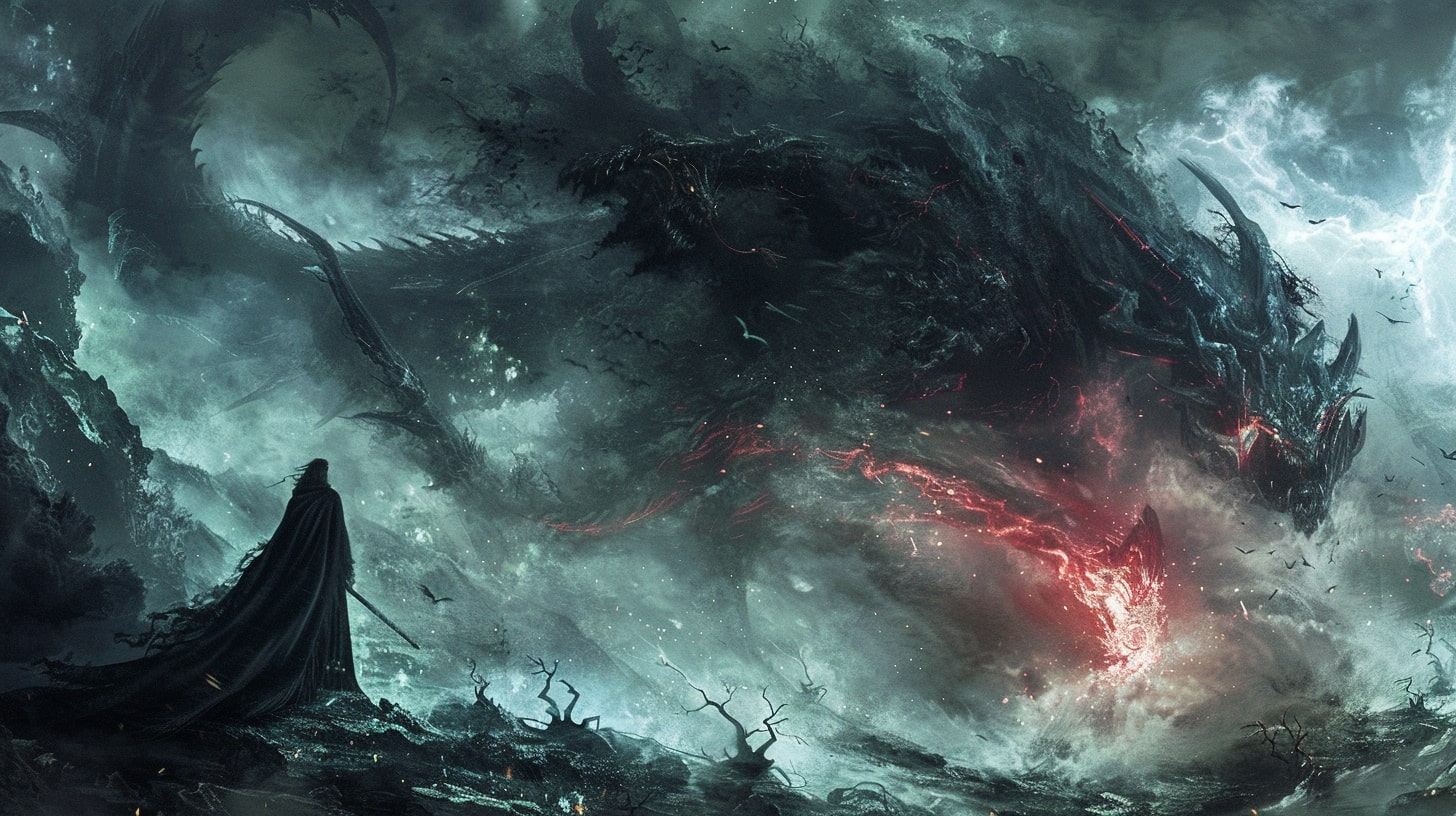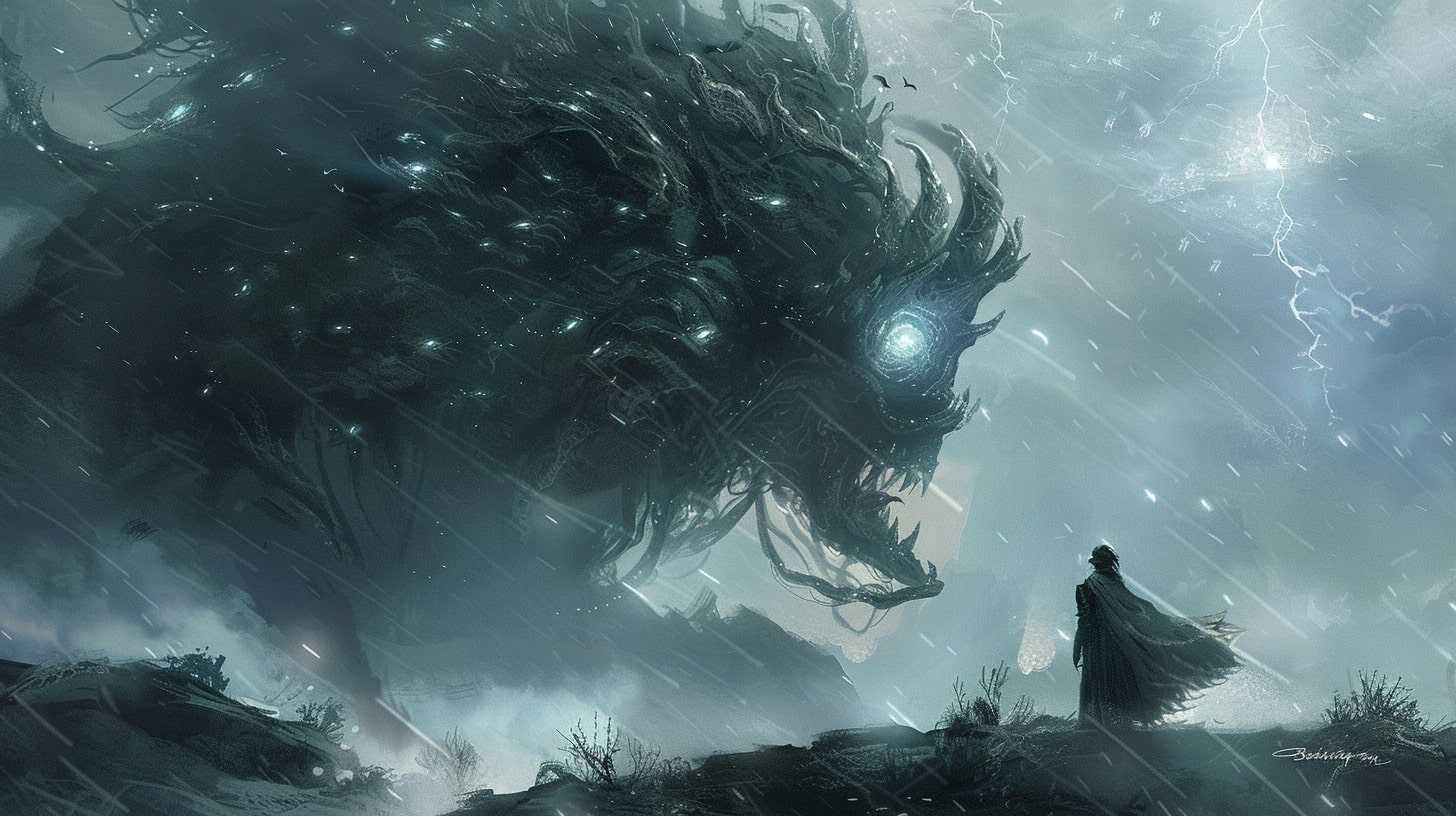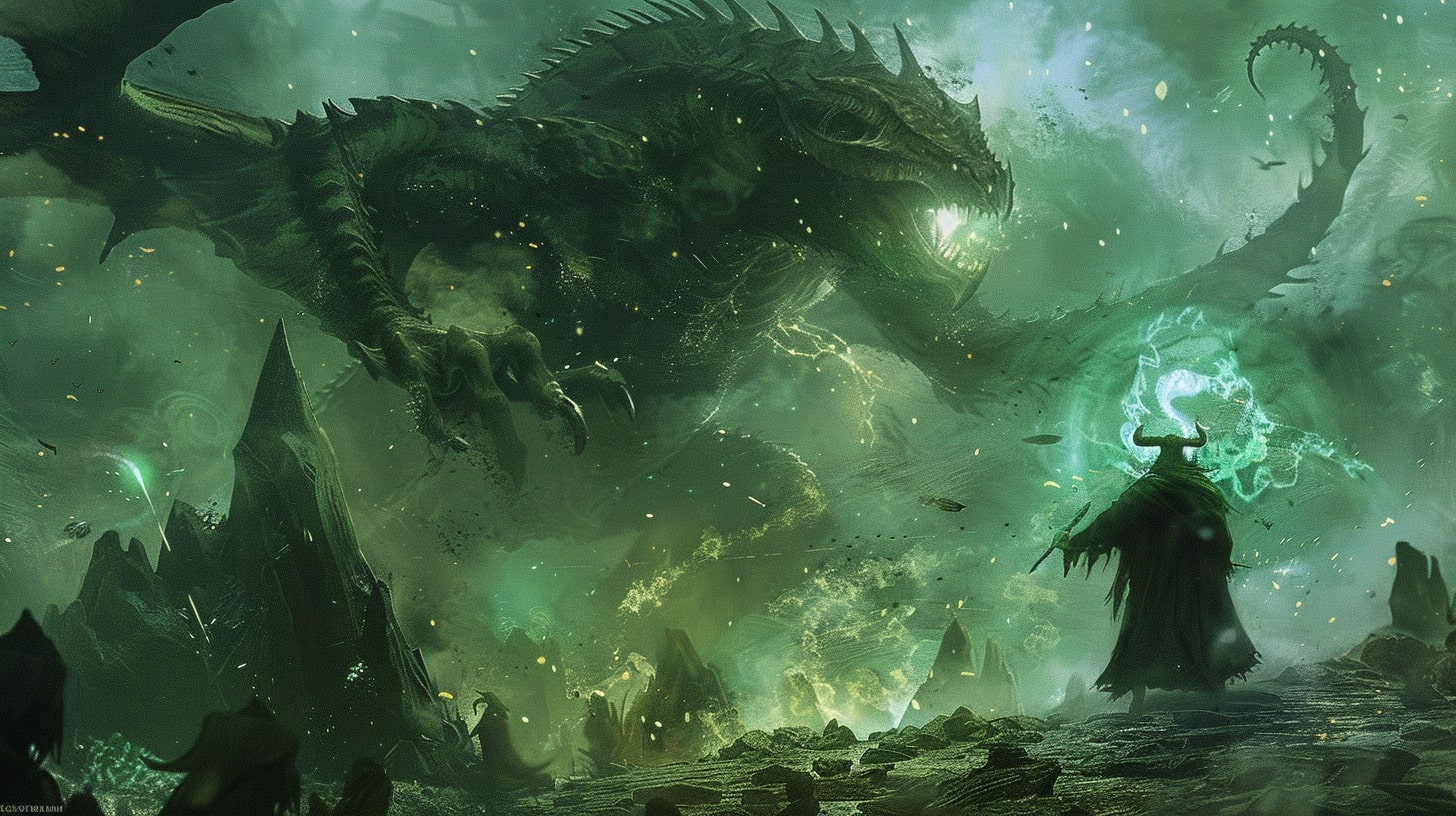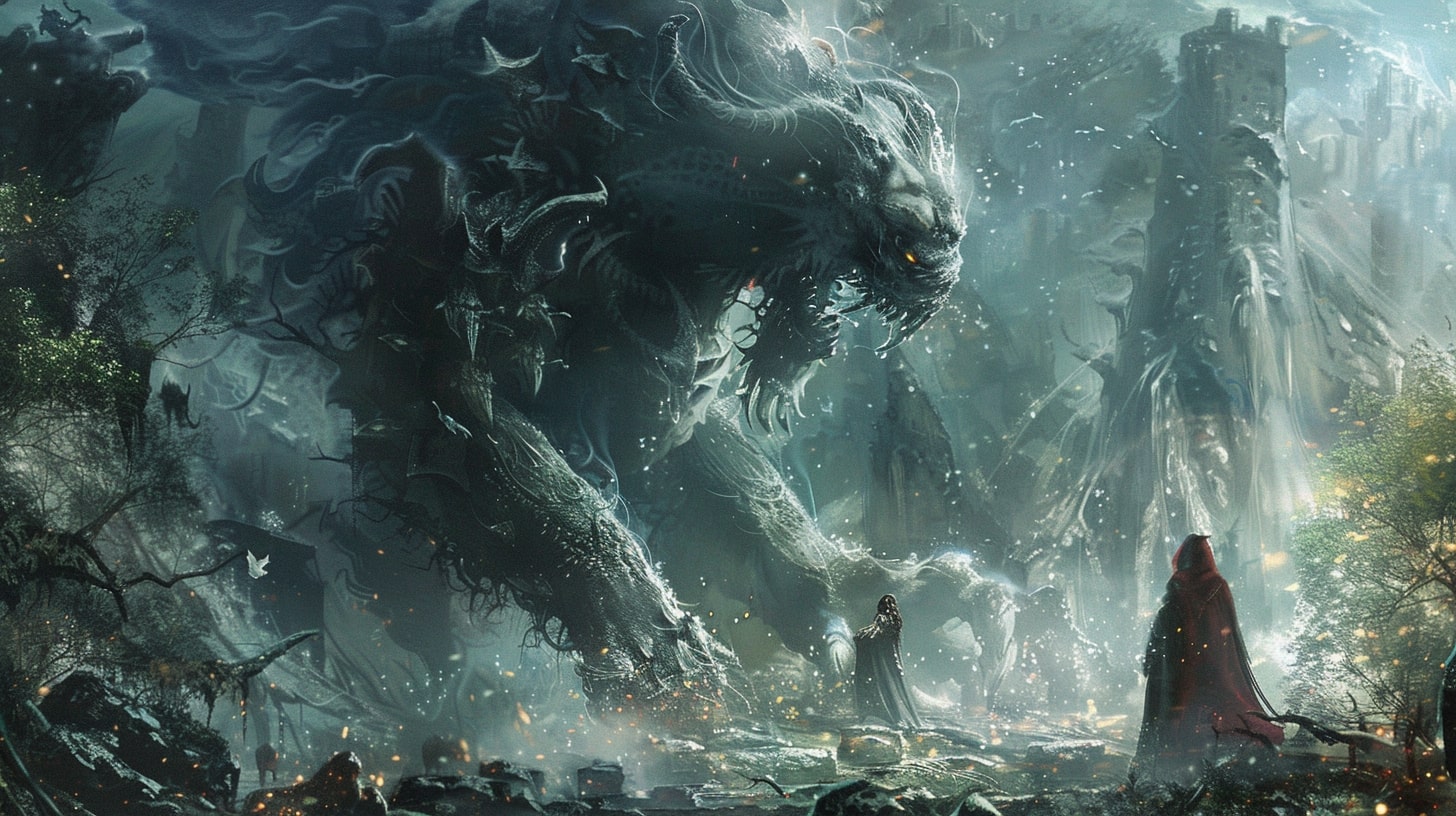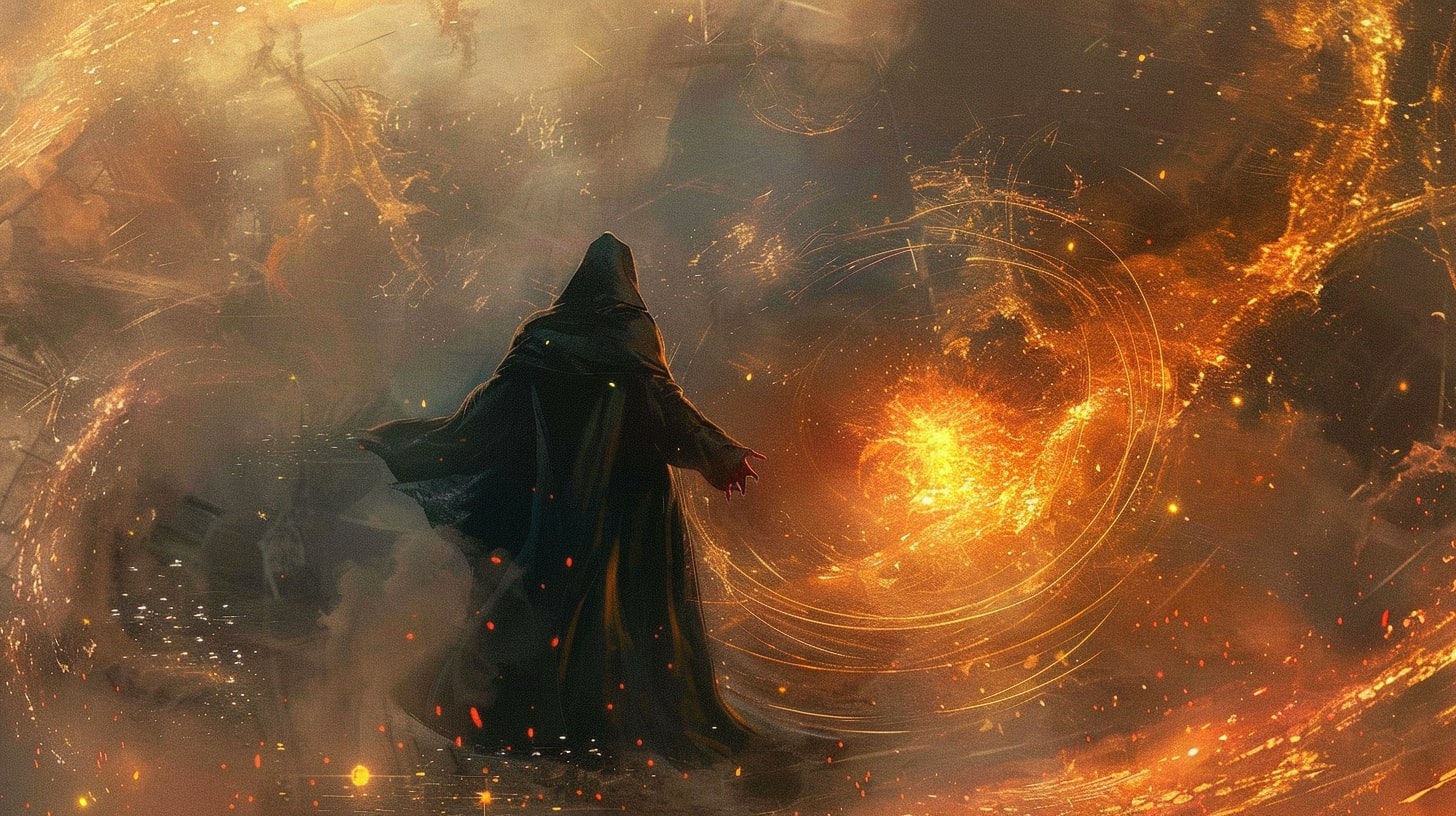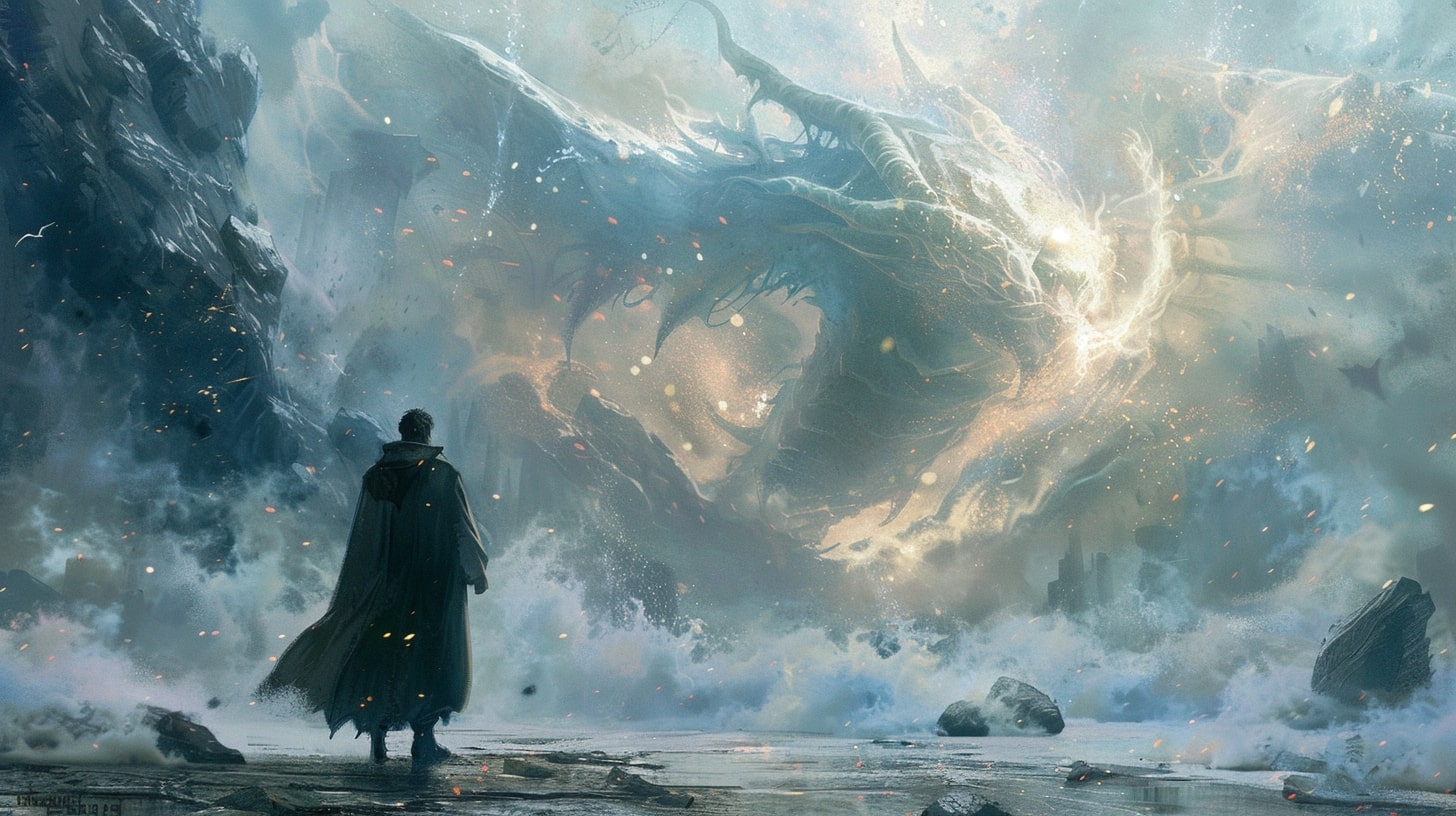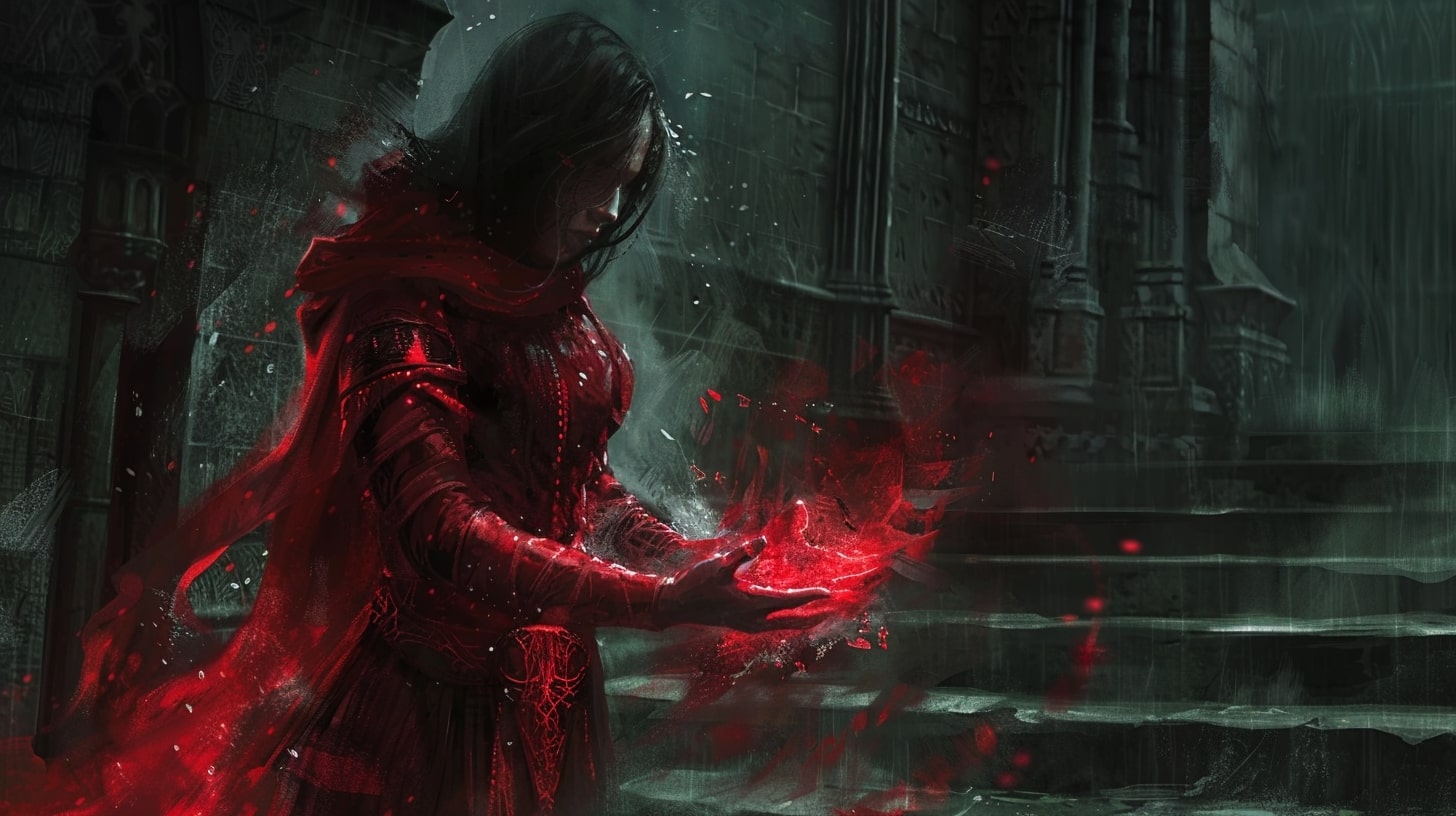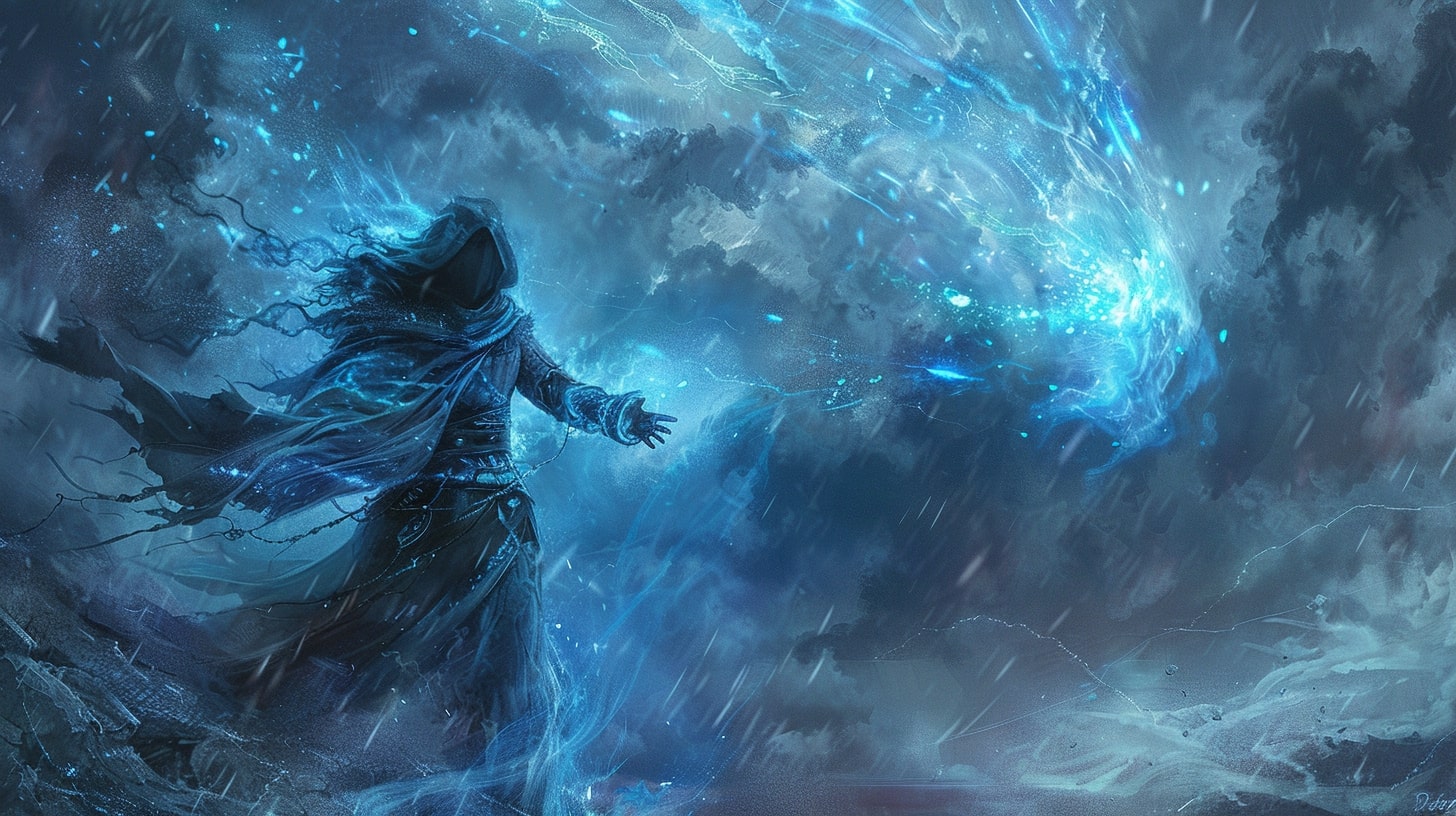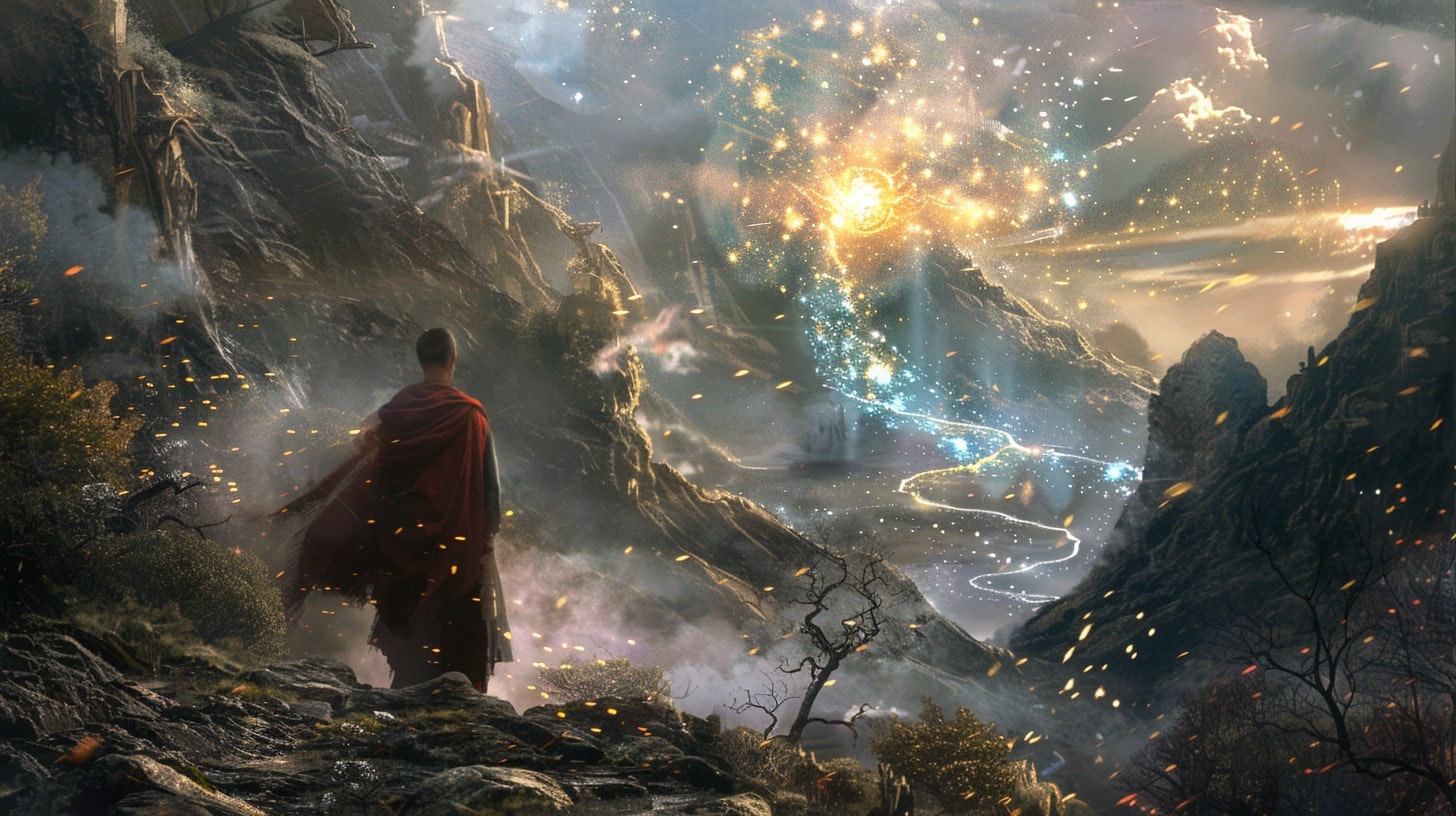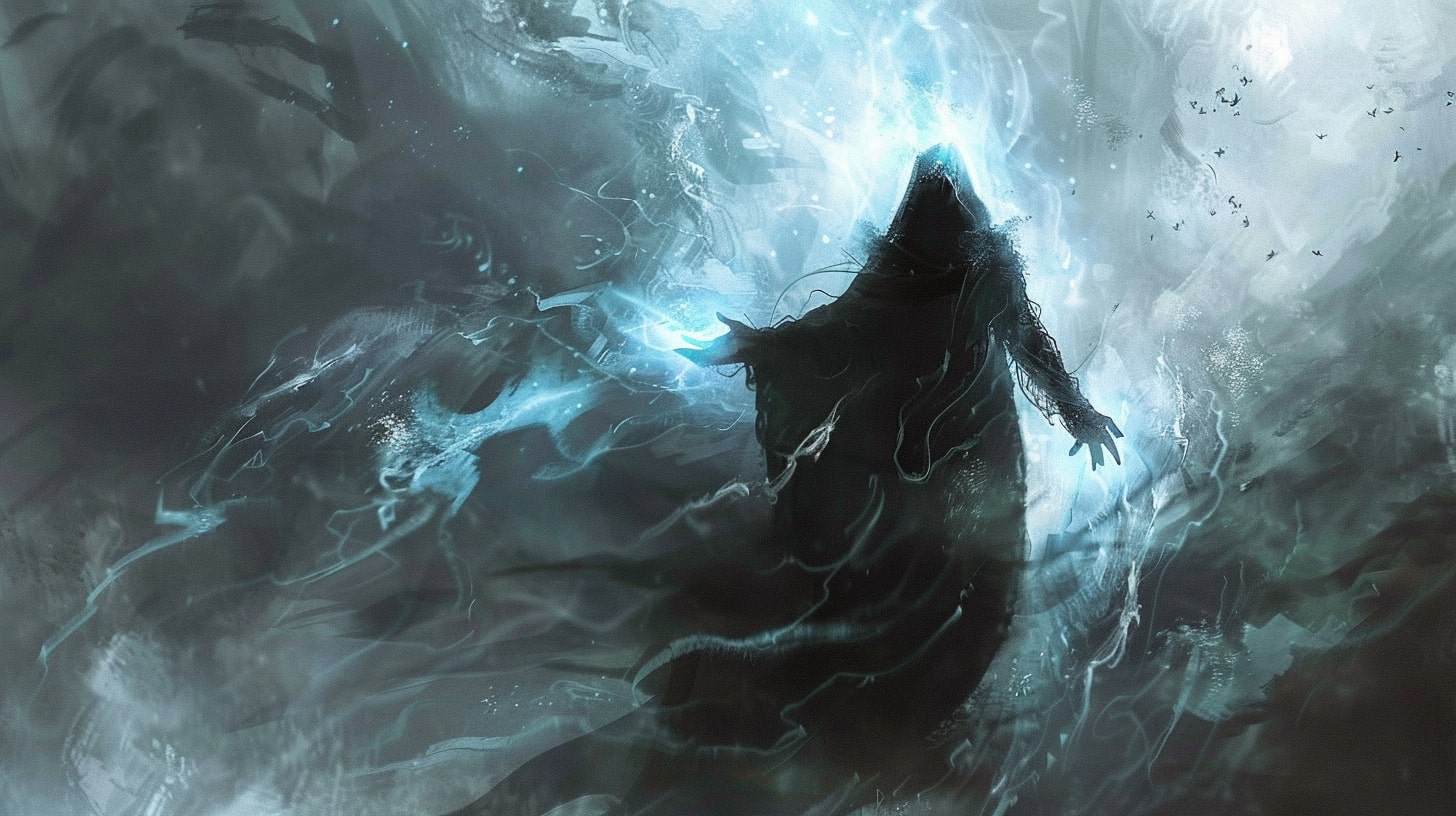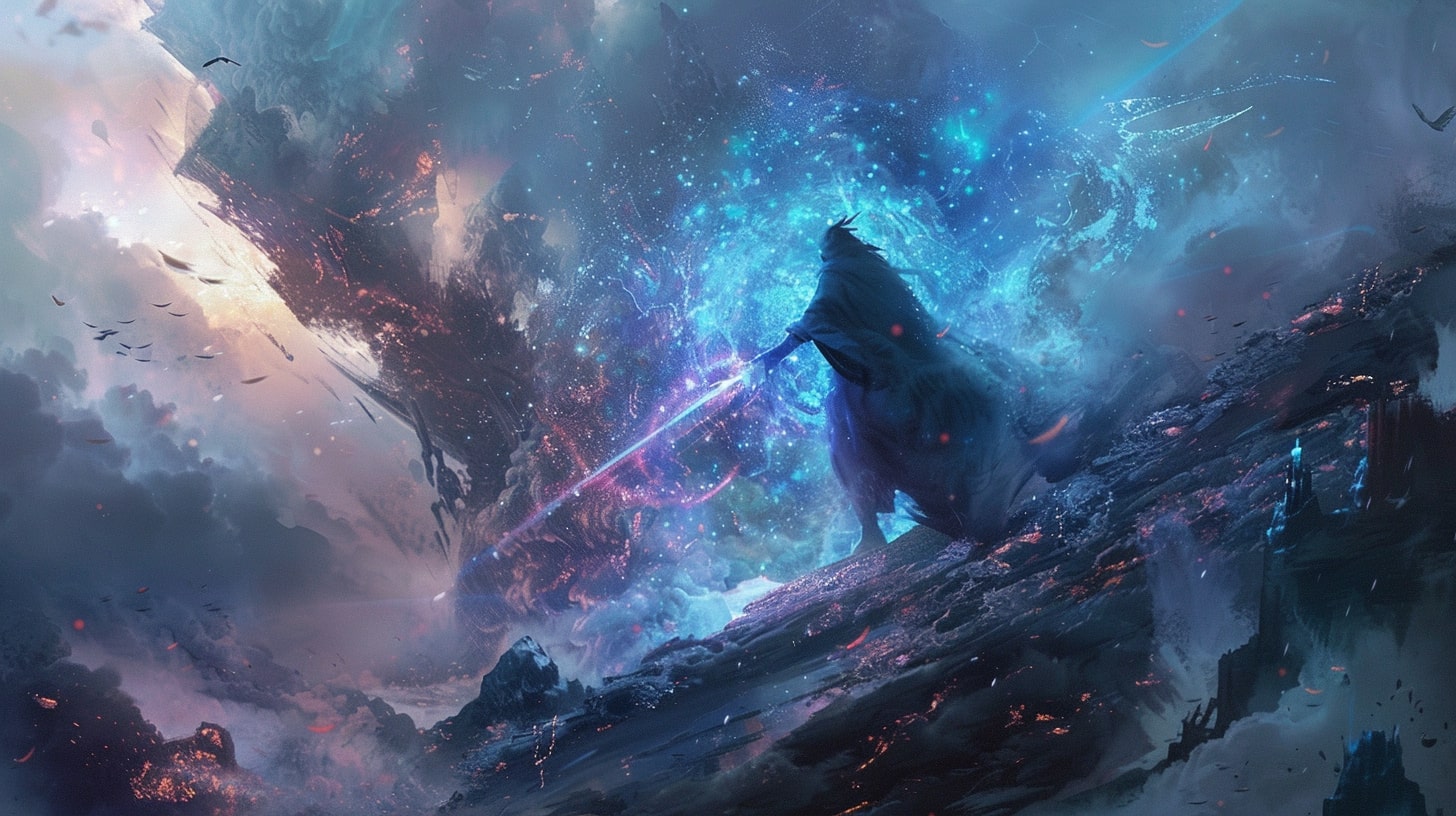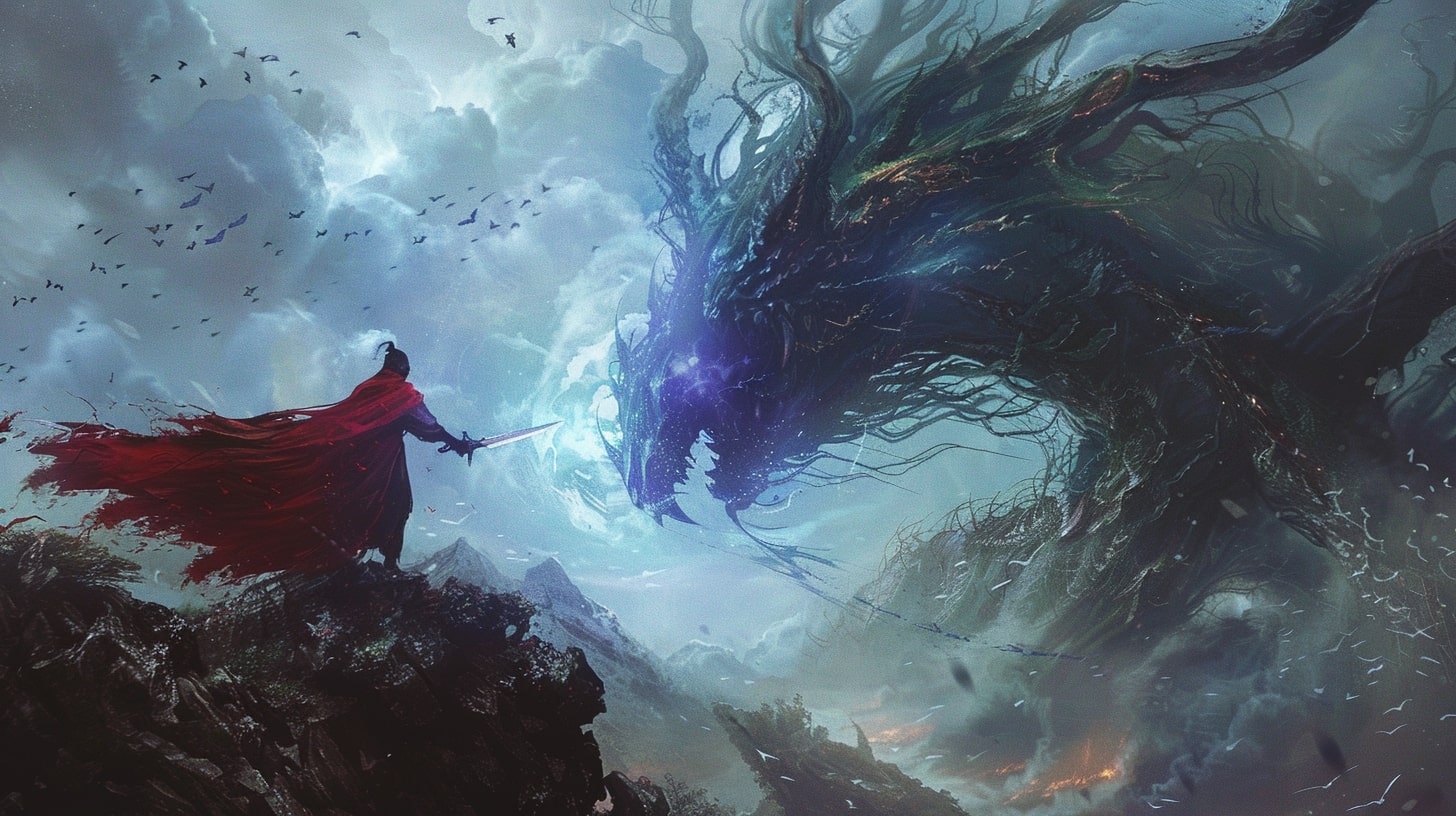Unleashing Your Imagination: Creating Elemental Magic Systems
In the world of fantasy writing, magic systems play a crucial role in shaping the narrative and captivating readers. These systems provide a framework for how magic operates within the world you’ve created, adding depth and intrigue to your storytelling. One popular choice for a magic system is an elemental magic system.
That’s what we’re going to explore in this guide.
The Role of Magic Systems in Fantasy Writing
Magic systems serve as a set of rules and principles that govern the use of magic within your story. They establish the boundaries and limitations of magic, ensuring that it remains consistent and believable throughout the narrative. By creating a well-defined magic system, you provide a sense of structure and logic to the fantastical elements of your world.
A meticulously crafted magic system can enhance the immersion of your readers, allowing them to suspend their disbelief and fully engage with the story. It opens up a realm of possibilities, enabling characters to wield extraordinary powers and face thrilling challenges. From ancient rituals to spectacular battles, a thoughtfully designed magic system can amplify the sense of wonder and adventure in your writing.
Why Choose an Elemental Magic System?
An elemental magic system revolves around the manipulation and control of the classical elements: fire, water, earth, and air. These elements possess distinct qualities and associations that can add depth and symbolism to your storytelling. By incorporating an elemental magic system into your fantasy world, you tap into the familiar and evocative imagery associated with these elements, which resonates with readers.
Elemental magic systems offer a wealth of storytelling possibilities. From powerful fireballs to soothing water manipulation, the different elements allow for a diverse range of magical abilities and spells. You can explore the unique strengths and weaknesses of each element, creating a dynamic interplay between characters with different elemental affinities.
Furthermore, elemental magic systems can also serve as a reflection of characters’ personalities or the world they inhabit. For example, a character with a fiery temperament might possess a strong affinity for fire magic, while a civilization built around water sources might have a deep connection to water magic. These associations add depth to your characters and world, making them feel more vibrant and alive.
By choosing an elemental magic system, you embark on a creative journey filled with endless possibilities. From designing unique spells to crafting intricate relationships between characters and elements, you have the opportunity to shape a world that is both compelling and enchanting.
In the following sections, we will explore the different elements and their associations, delve into the mechanics of elemental magic abilities, and discuss the importance of balancing your elemental magic system. So, grab your pen and let your imagination soar as you embark on the exciting journey of creating your own elemental magic system.
For more ideas and inspiration on magic system creation, check out our article on magic system ideas.
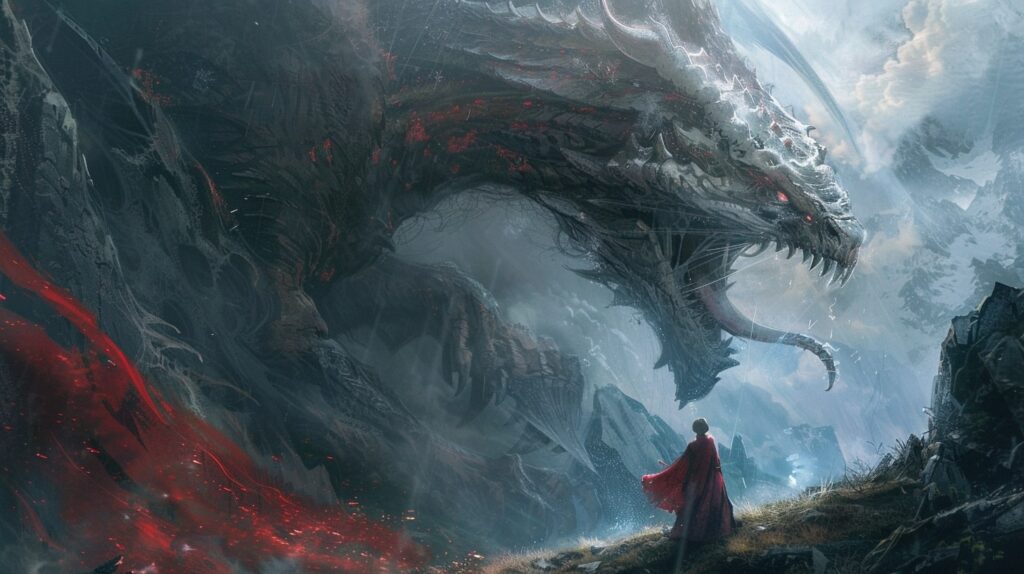
Elemental Magic System: Elements and Their Associations
In the realm of elemental magic systems, the choice and understanding of elements play a vital role in creating a captivating and immersive world. Elements are the fundamental building blocks of magic, each possessing unique properties and associations. Let’s explore the classic elements and the possibilities of adding unique elements to your system.
Exploring the Classic Elements
The classic elements, also known as the four elements, have been a staple in many mythologies and fantasy worlds. These elements are often represented as Earth, Air, Fire, and Water. Each element exhibits distinct characteristics and symbolism, making them a popular choice for elemental magic systems.
| Element | Associations |
|---|---|
| Earth | Stability, grounding, strength |
| Air | Freedom, intellect, communication |
| Fire | Passion, transformation, energy |
| Water | Emotions, intuition, adaptability |
By incorporating the classic elements into your magic system, you tap into the familiarity and symbolism associated with them. However, don’t be afraid to put your own twist on these elements to make them unique to your world. Consider the cultural significance and beliefs surrounding these elements within your fictional society. For inspiration on creating your own unique magic system, check out our article on magic system ideas.
Adding Unique Elements to Your System
While the classic elements provide a solid foundation, adding unique elements to your magic system can set your world apart and intrigue readers. These additional elements can be inspired by the natural world, celestial bodies, or even abstract concepts. Here are a few examples to spark your imagination:
| Element | Associations |
|---|---|
| Lightning | Power, speed, electrical energy |
| Ice | Control, preservation, clarity |
| Shadow | Stealth, mystery, manipulation |
| Sound | Harmony, vibrations, auditory manipulation |
| Time | Chronokinesis, temporal manipulation |
| Space | Teleportation, spatial manipulation |
Introducing unique elements expands the possibilities of your magic system and allows for a diverse range of abilities and interactions. Consider how these elements interact with each other and the classic elements.
For example, lightning could be a fusion of Fire and Air, while ice could be a combination of Water and Air. This adds depth and complexity to your world’s magic system. For more inspiration on designing your magic system, explore our article on magic system components.
By exploring the classic elements and incorporating unique elements into your magic system, you can create a rich and engaging world for your readers to explore. Remember to maintain consistency and coherence within your system, ensuring that the elements and their associations align with the logic and rules established in your world.
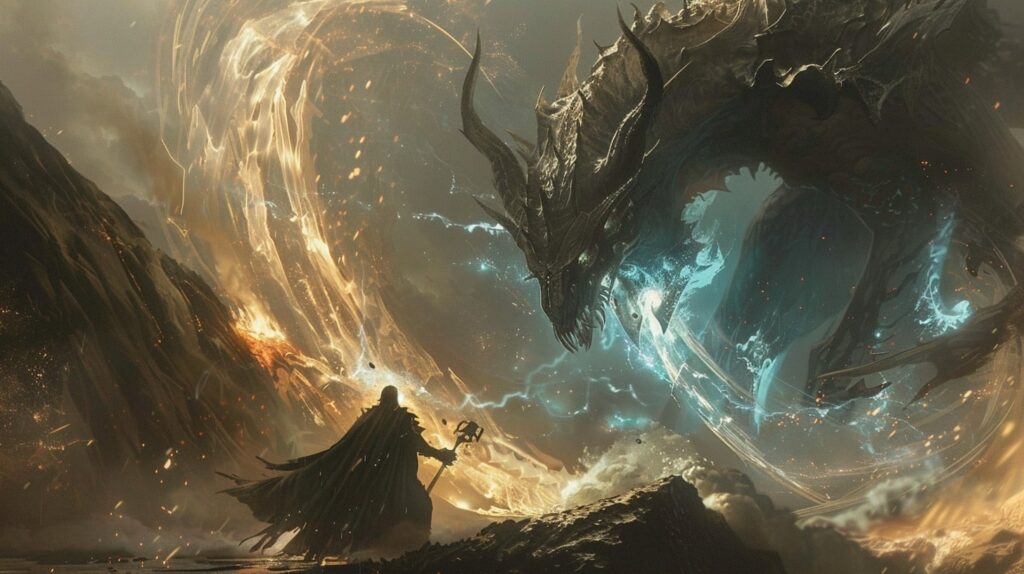
Defining Elemental Affinities
In an elemental magic system, one of the key aspects to consider is the concept of elemental affinities. These affinities determine which elements an individual has a natural inclination or connection to, and therefore, their ability to wield and manipulate those elements. Let’s explore how elemental affinities work and some considerations for assigning them.
How Elemental Affinities Work
Elemental affinities are inherent traits or characteristics that determine an individual’s affinity or connection to a particular element. These affinities can manifest in various ways, such as the ability to control, manipulate, or even embody the essence of a specific element.
For example, someone with a water affinity may have the power to summon and command water, while someone with a fire affinity may be able to generate and control flames.
The manifestation and strength of elemental affinities can vary among individuals. Some may exhibit a strong affinity for a single element, while others may possess affinities for multiple elements.
It’s important to establish the rules and limitations of your magic system to maintain consistency and avoid overpowering characters. For more ideas and inspiration on developing your magic system, check out our article on magic system development.
Considerations for Assigning Affinities
When assigning elemental affinities to characters in your story, consider a few key factors:
Character Traits and Personality: Connect the elemental affinities to the character’s traits or personality. For example, an impulsive and passionate character may have a fire affinity, while a calm and nurturing character may have an affinity for earth or plants.
Symbolism and Theme: Explore the symbolic associations of each element and how they align with the themes of your story. For instance, if your story revolves around the balance of nature, characters with affinities for earth, water, air, and fire could represent the harmony between these natural forces.
Story and Plot Relevance: Determine how elemental affinities can contribute to the story and plot. Perhaps a character’s affinity plays a crucial role in solving a conflict or unlocking a hidden power. Integrate the elemental affinities into the narrative to add depth and intrigue to your world.
Balance and Conflict: Consider the balance of elemental affinities within your story. Ensure that no single affinity dominates, as this can lead to an imbalance in power. Create conflicts and challenges by pitting characters with opposing elemental affinities against each other. This adds tension and complexity to your story.
By carefully defining and assigning elemental affinities in your magic system, you can create a rich and immersive world for your readers to explore. Remember to establish the rules and limitations of your system to maintain balance and avoid inconsistencies. For more ideas on worldbuilding and magic systems, check out our article on magic system worldbuilding.

Elemental Magic Abilities
When developing your elemental magic system, it’s important to consider the various abilities that magic users can possess. These abilities allow them to harness the power of the elements and shape the world around them. In this section, we will explore two fundamental aspects of elemental magic abilities: elemental spells and incantations and manipulating and controlling elements.
Elemental Spells and Incantations
Elemental spells and incantations are the language of magic users. Through specific words, gestures, or rituals, they can channel their magical energy to cast spells associated with the elements. Each element may have its own unique set of spells and incantations, allowing magic users to perform a variety of actions.
For example, a fire mage might use spells to create flames, manipulate fire, or generate heat. On the other hand, an air mage might cast spells to control wind, create gusts, or summon storms. The possibilities are limited only by your imagination and the rules you establish for your magic system.
Incorporating incantations into your magic system can add depth and authenticity to the practice of magic. These incantations can be recited in a language specific to your world or even in a fictional language you create.
They can be short and simple or longer and more complex, depending on the desired effect. Remember to consider the cultural and historical context of your world when crafting these incantations.
For a more in-depth exploration of elemental magic spells and incantations, check out our article on elemental magic spells.
Manipulating and Controlling Elements
Another aspect of elemental magic abilities is the ability to manipulate and control the elements themselves. Magic users with this ability can directly influence the elements, shaping them according to their will.
For instance, an earth mage might have the power to move rocks, create earthen barriers, or cause the ground to shake. A water mage, on the other hand, may be able to control water currents, freeze or boil water, or summon rain.
By understanding the fundamental properties and characteristics of each element, magic users can manipulate them in various ways.
When designing the abilities of your magic users, consider the limitations and constraints of their elemental manipulation. Perhaps manipulating larger quantities of an element requires more energy or concentration, while smaller-scale manipulations are easier to perform. Establishing these limitations will add depth and balance to your magic system.
By incorporating elemental spells and incantations, as well as the manipulation and control of elements, you can create a rich and immersive elemental magic system for your world.
Remember to stay consistent with the rules and limitations you establish for your magic system, and allow it to interact with other aspects of your world, such as cultural beliefs and power structures. Let your imagination run wild as you explore the possibilities of elemental magic in your writing.
Balancing Your Elemental Magic System
Creating a well-balanced elemental magic system is crucial to maintain consistency and avoid overpowering or underwhelming magical abilities. This section will explore the importance of limitations and restrictions as well as counterbalances and weaknesses in your magic system.
Limitations and Restrictions
In order to prevent characters from becoming too powerful, it’s important to establish limitations and restrictions on the use of elemental magic. By defining these boundaries, you can ensure that the magic remains within reasonable limits and doesn’t overshadow other aspects of your story.
Consider implementing the following limitations and restrictions in your elemental magic system:
Energy Consumption: Make the use of powerful spells or prolonged manipulation of elements physically and mentally draining for the magic users. This can prevent them from relying solely on their magic and encourage resourcefulness and strategic thinking.
Specialization: Restrict characters to have a limited range of elemental affinities or mastery over a specific element, preventing them from being proficient in all types of magic. This specialization adds variety and depth to your magic system while maintaining balance.
Training and Skill Development: Set a learning curve for mastering elemental magic. Characters should undergo rigorous training and practice to improve their control and understanding of their chosen element. This introduces a sense of progression and prevents characters from becoming too powerful too quickly.
Environmental Constraints: Establish that certain environments or situations may hinder or weaken the effectiveness of elemental magic. For example, a lack of moisture in the air may make it difficult to manipulate water, or extreme heat may limit the use of ice-based spells. This adds complexity and realism to your magic system.
Counterbalances and Weaknesses
To maintain balance in your elemental magic system, introduce counterbalances and weaknesses that can neutralize or counteract the powers of the elements. These counterbalances can create conflicts and challenges for characters, adding depth and tension to your story.
Consider the following counterbalances and weaknesses:
Elemental Interactions: Establish relationships between different elements that can counteract or overpower each other. For example, fire may weaken or evaporate water, while earth may stifle or block the movement of air. This allows characters to strategize and exploit the vulnerabilities of their opponents.
Opposing Elemental Abilities: Create characters or creatures with elemental affinities that are naturally resistant to or immune to specific elemental attacks. This adds diversity and balance to conflicts, requiring characters to think creatively to overcome their adversaries.
Magical Artifacts or Objects: Introduce magical artifacts or objects that can nullify or dampen the effects of elemental magic. For instance, a magical amulet that provides protection against fire-based spells or a talisman that can absorb and redirect the energy of lightning. These artifacts can create interesting plot points and challenges for your characters.
Emotional and Mental Influences: Connect the use of elemental magic to the emotional and mental state of the characters. For example, intense anger or fear may cause loss of control or unpredictable results. This adds depth to character development and emphasizes the importance of emotional control.
By incorporating limitations, restrictions, counterbalances, and weaknesses into your elemental magic system, you can create a well-balanced and engaging system that enhances your story. Remember to consider the internal logic and consistency of your magic system to ensure it aligns with the overall worldbuilding. For more ideas and inspiration, check out our articles on magic system balance and magic system components.
Integrating Elemental Magic into Your World
To create a captivating elemental magic system in your fantasy world, it’s important to consider how it integrates with the cultures, beliefs, and power structures of your fictional societies. By exploring the cultural significance and impact on society, you can add depth and realism to your magical world.
Cultural Significance and Beliefs
Incorporating elemental magic into different cultures can provide a unique lens through which to explore their beliefs, rituals, and traditions. Each culture may have its own interpretation of elemental magic, with specific rituals or ceremonies associated with harnessing and using these magical forces. For example, a culture that reveres water as a symbol of purity and life may have sacred ceremonies where water magic is performed to bless crops or heal the sick.
Consider how different cultures within your world perceive and interact with elemental magic. Are certain elements associated with specific deities or spirits? Are there cultural taboos or practices surrounding the use of magic? By weaving these cultural elements into your storytelling, you can create a rich tapestry of beliefs and practices that enhance the overall depth of your world.
Impact on Society and Power Structures
Elemental magic can also have a profound impact on the power dynamics within your fictional societies. The ability to wield and control the elements can grant individuals or groups significant influence and authority. This can lead to the formation of magical guilds, ruling families, or even conflicts between factions seeking to gain control over these powers.
Consider how elemental magic affects social hierarchies and power structures. Are there revered individuals known as Elemental Masters who hold positions of authority? Do certain families or bloodlines possess inherent magical abilities, leading to a hereditary ruling class?
How do non-magical individuals perceive and navigate a world where elemental magic holds such sway? These questions can help you develop intricate power dynamics within your world and create compelling storylines.
By integrating elemental magic into the cultural fabric and power structures of your world, you can create a magical system that feels organic and immersive. Remember to explore the magic system components and magic system mechanics to ensure consistency and balance in your storytelling. Embrace the magic and let it shape your world in intriguing and unexpected ways.
